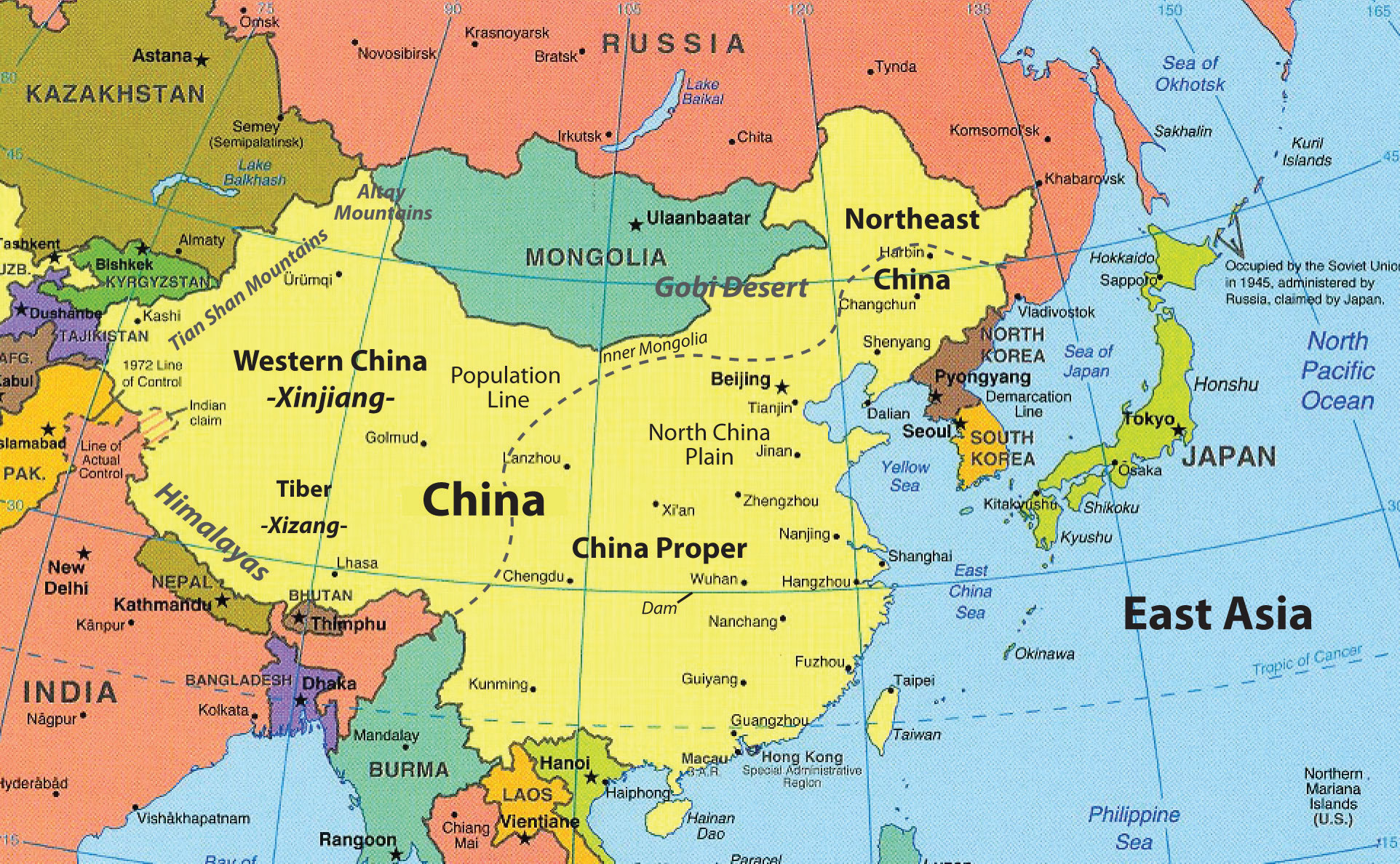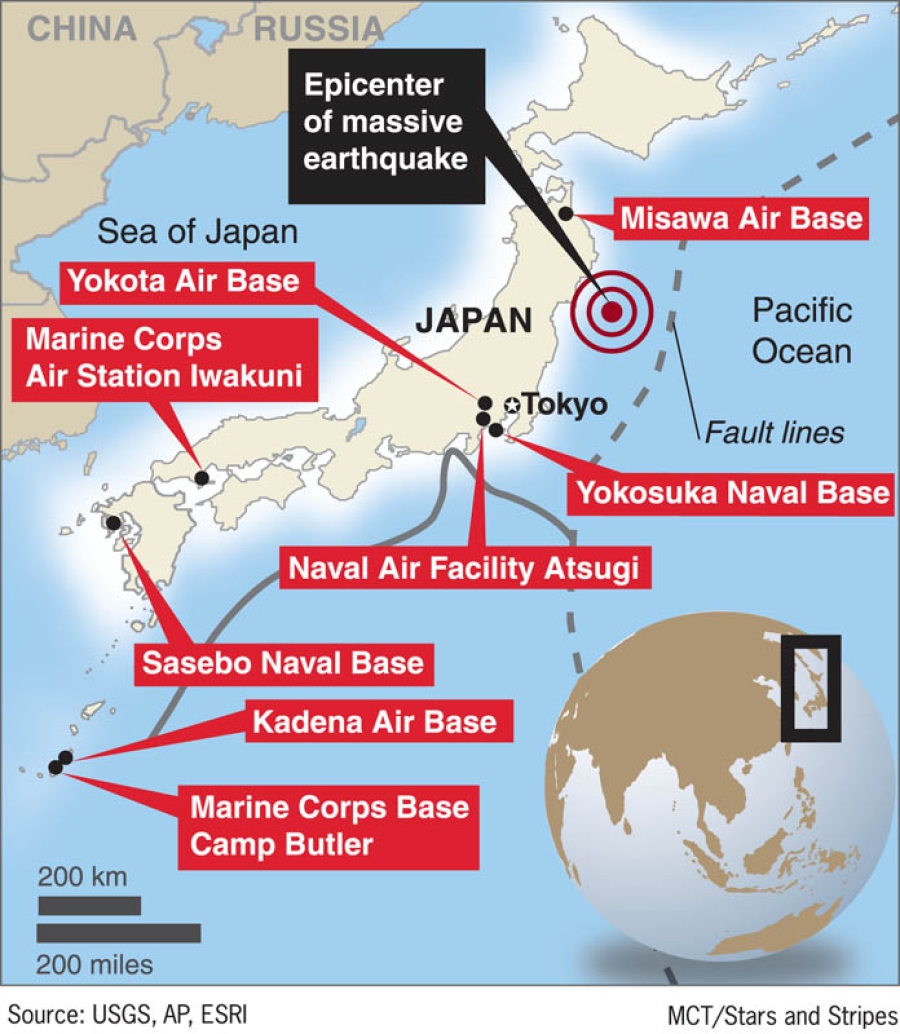DEAR FRIENDS. IF YOU LIKE THIS TYPE OF CONTENT, SUPPORT SOUTHFRONT WORK:
PayPal: southfront@internet.ru
Donation alerts: https://donationalerts.com/r/southfront
Gumroad: https://gumroad.com/southfront
Or via: http://southfront.org/donate/ or via: https://www.patreon.com/southfront,
BTC: 3Gbs4rjcVUtQd8p3CiFUCxPLZwRqurezRZ,
BCH ABC: qpf2cphc5dkuclkqur7lhj2yuqq9pk3hmukle77vhq,
ETH: 0x9f4cda013e354b8fc285bf4b9a60460cee7f7ea9
In recent weeks, the political party of Japan’s Prime Minister Shinzo Abe has been considering acquiring a missile system that would have the ability to strike other countries, like North Korea and China. However, the move faces considerable resistance within Japan, whose Constitution strictly forbids Japan’s armed forces from having offensive military capabilities.
Late last month, Reuters reported that Japan has taken a step closer to acquiring weapons able to strike North Korea or other potential enemies after a high-level committee of the Liberal Democratic Party approved proposals to consider acquiring a strike capability to prevent ballistic missile attacks.
However, acquiring long-range munitions for Japan’s Self Defence Forces is still a controversial issue for the country, which renounced the right to wage war in the constitution written and enacted by the US in 1947 after Japan’s defeat in World War Two. The proposal is also likely to anger China and Russia, which could be within range of any new strike weapons.
“Our country needs to consider ways to strengthen deterrence, including having the capability to halt ballistic missile attacks within the territory of our adversaries,” the proposal document said.
The proposals, crafted by senior Liberal Democratic Party lawmakers, including former defence minister Itsunori Onodera, were presented to Prime Minister Shinzo Abe late last month.
The proposals are “to stay within the bounds of the constitution and to comply with international law, that has not changed”, Onodera said at a briefing.
The recommendations will be discussed by Japan’s National Security Council, which is expected to finalise new defence policies by the end of September.
Prime Minister Abe has argued that the Japanese military needs to expand its capabilities to respond to a deteriorating security environment in East Asia as North Korea builds missiles and nuclear weapons, China builds a modern, powerful military and Russian forces re-engage in the region.
In this context a strike option is attractive because it is much easier to hit missiles on launch pads than warheads travelling at several times the speed of sound. Finding mobile launchers to hit, however, requires close surveillance with satellites that Japan does not currently possess, meaning it would still have to rely on technical assistance from the United States.
Japan’s defence ministry could decide on equipment purchases by the end of the year, government officials told Reuters.
“We will look at the LDP recommendations and consider them thoroughly,” Minister of Defence Taro Kono said at a regular press briefing.
The ruling party deliberations follow the decision in June to cancel two planned Aegis Ashore sites designed to track and target incoming ballistic missiles from North Korea, which would have served as a shield to intercept incoming missiles, citing the risk posed to residents living near the installations where the anti-missile systems were to have been located and the rising costs involved with the project.
In this respect the LDP policy document included a recommendation that Japan consider how to acquire a defence radar system on a par with Lockheed Martin’s Aegis Ashore system that could also track other threats such as drones and cruise missiles.
Among proposals being considered by officials is locating the Aegis Ashore at other ground sites, or locating the radar system offshore on floating platforms or ships. US defence company Raytheon has been lobbying senior LDP lawmakers with a proposal to choose its SPY-6 radar rather than using Lockheed’s system, sources earlier told Reuters. LINK
Japanese officials promoting the plan argue that the ability to strike missile systems inside North Korea and China is necessary for self-defence. Since the end of World War II, the US has maintained a large military presence in Japan, with around 55,000 troops stationed in the country. Traditionally, the Japanese military has had responsibility for defence of the Japanese islands, while the US has assumed all responsibility for offensive weapons systems and capabilities against possible enemies.
Much of the Japanese public still strongly identifies with the country’s pacifist Constitution, which strictly limits military action to capabilities for self-defence.
Repeated efforts by prime minister Abe to revise the pacifist clause in the Constitution have met with strong opposition. Komeito, the parliamentary coalition partner of the prime minister’s party, the Liberal Democrats, has indicated that it does not support the acquisition of long-range missiles.
In a poll this week by NHK, the public broadcaster, half of respondents said that Japan should acquire weapons that could stop missile attacks before they are launched from enemy territory.
Given the controversial nature of the proposal that Japan acquire an offensive missile strike capability, Taro Kono, Japan’s defence minister, spoke evasively about the idea of acquiring long-range missiles during an interview at the Defence Ministry this week.
“Logically speaking, I won’t say it’s a zero percent” chance, said Mr. Kono, who noted that any such acquisition would need to include complex radar and surveillance systems and the training of military personnel to use them. “The government hasn’t really decided anything yet.”
But while Japan has decided against the Aegis Ashore missile system, Mr. Kono said it was important to “send a clear message” to North Korea about the country’s alliance with the United States and “our resolve about protecting Japan against any missile offensive from North Korea.”
At a news conference in Tokyo earlier this month, a reporter asked Mr. Kono, the defence minister, whether Japan would need to consider the sensitivities of either China or South Korea in acquiring long-range missiles. Critics and opponents of the plan have questioned whether the victims of Japan’s former wartime aggression might consider such missiles a breach of its constitutional commitment to pacifism.
“At a time when China is enhancing their missiles, why do we need their approval?” Mr. Kono retorted. “Why do we need South Korea’s approval for defending our territory?”
In 2003, Shigeru Ishiba, then defence minister, detailed the conditions under which Japan could launch missiles toward another country such as North Korea: if the enemy’s missiles were fuelled and loaded onto a launcher, and the intention to attack Japan was apparent.
“The old paradigm of the U.S.-Japan alliance is that Japan wears the ‘shield’ and hosts the ‘sword,’” said Euan Graham, senior fellow for Asia-Pacific security at the International Institute for Strategic Studies in Singapore, invoking a commonly used metaphor for the stationing of about 55,000 US troops in Japan. But, he added, “that paradigm has been breaking down for many years.”
Some analysts consider that the Trump administration’s desire for allies to spend more on their militaries and share the cost of defence is also a factor driving Japan to consider acquiring such capabilities.
Australia has recently announced new military spending plans for long-range missiles. South Korea also recently negotiated a loosening of missile guidelines imposed by the United States that would allow it to build rockets that could be applied to long-range missiles.
Two years ago, when Japan released new defence guidelines, the government indicated that it would acquire missiles that could be used to attack enemy warships or even land-based targets. This has caused concern amongst some as to the fine line between defensive and offensive capabilities and objectives.
“I think it’s a common understanding among the vast majority of Japanese people that as a last resort — five minutes before an enemy attack — Japan as a sovereign nation has the right to attack enemy forces that are trying to attack us,” said Yoji Koda, a former commander in chief of Japan’s Maritime Self-Defence Force.
But the current proposal, he said, “could be a kind of wilful attempt, without discussing anything, to conclude that attacking capability is best.” LINK
As part of its self-defence activities, the Japanese Coast Guard has been closely monitoring ships sent by China to patrol waters around the Senkakus, islands in the East China Sea administered by Japan but claimed by China. Japan has also sent a maritime contingent to participate in US-led activities in the vicinity of the Persian Gulf, and recently signed a deal to lease patrol boats to Vietnam for the conduct of patrols around the South China Sea.
While the Abe administration has been considering boosting Japan’s military arsenal to include offensive weapons systems for some time, there has been no indication from either side that the US might reduce its substantial military presence in the country.
MORE ON THE TOPIC:







